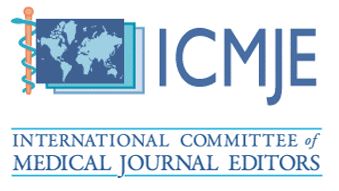Microbiome-Immune Dynamics: Insights into Infectious Diseases
Nasim Rafinezhad*
Department of Biotechnology, Amol University of Special Modern Technologies, Amol, Iran.
*Corresponding Author: Nasim Rafinezhad, Department of Biotechnology, Amol University of Special Modern Technologies, Amol, Iran.
DOI: https://doi.org/10.58624/SVOAMB.2024.05.048
Received: July 24, 2024 Published: August 26, 2024
Abstract
Infectious diseases and infections continue to be a leading cause of death in low-income countries and pose a significant risk to vulnerable populations, such as infants and the elderly. The immune system is crucial in determining susceptibility, persistence, and resolution of these infections. With 70-80% of immune cells located in the gut, there is a complex interaction between the intestinal microbiota, the intestinal epithelial layer, and the local immune system. Beyond the local immune responses in the gut, it is increasingly acknowledged that the gut microbiome also influences systemic immunity. Clinicians are increasingly leveraging the growing understanding of these complex interactions between the immune system, the gut microbiome, and human pathogens. The now well-established influence of nutrition on the gut microbiota composition and the immune system underscores the role that nutrition can play in enhancing health. This review explores the mechanisms that maintain the intricate balance between the microbiota, gut health, the local immune response, and systemic immunity, linking this to infectious diseases throughout life, and emphasizes the impact of nutrition in the prevention and treatment of infectious diseases.
Keywords: Gut Microbiota, Probiotics, Immune System, Infectious Diseases
Citation: Rafinezhad N. Microbiome-Immune Dynamics: Insights into Infectious Diseases. SVOA Microbiology 2024, 5:4, 108-121. doi:10.58624 SVOAMB.2024.05.048











